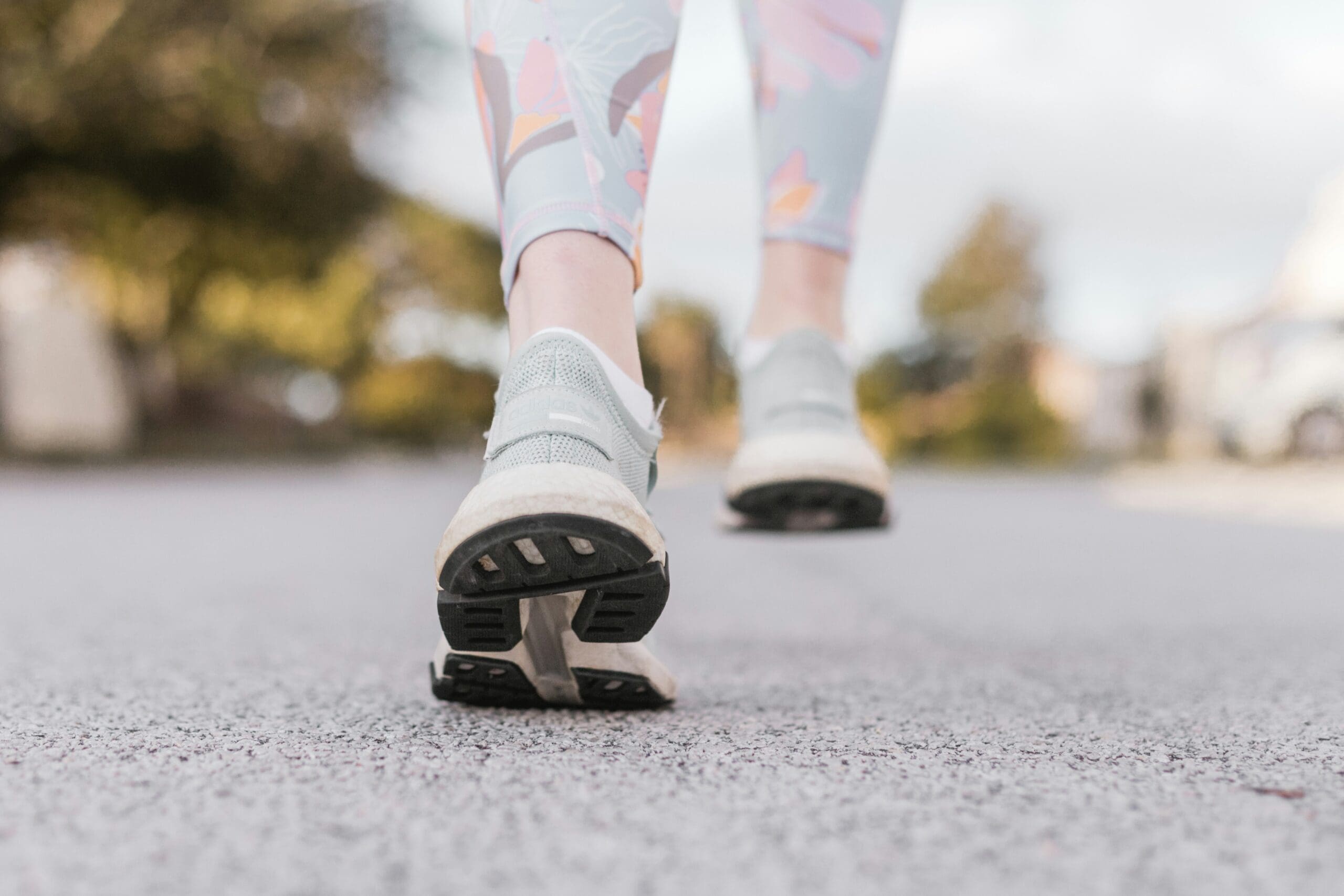
In this blog post, I’ll discuss the critical importance of physical exercise for brain longevity.
It has long been accepted that physical fitness benefits not only our bodies but also our brains and minds. Plato recognized this connection as early as 400 B.C., stating that a healthy body is necessary for a healthy brain. Throughout history, many great thinkers and leaders have emphasized the importance of exercise for overall health.
Recent advancements in medical science have disproven the long-held belief that we stop making new brain cells at a young age. Neurogenesis, or the creation of new cells in the brain, can occur throughout our lives if we engage in activities that foster it. One such activity is physical exercise.
Studies have shown that aerobic and strength-building exercises can directly stimulate the growth of new cells in the hippocampus region of the brain – an area responsible for memory, emotions, and spatial navigation. Regular physical exercise has been proven to reduce the risk of developing Alzheimer’s disease by up to 50 percent.
Exercise improves blood flow to the brain, increases oxygen supply, promotes neurotrophic factor production (which aids in cell growth), improves vascular function, boosts endorphins (feel-good chemicals), decreases cortisol (stress hormone), prevents diabetes (a risk factor for dementia), enhances neurotransmitter levels like serotonin (improving mood), reduces amyloid plaque buildup associated with Alzheimer’s disease, slows early forms of memory loss like subjective cognitive decline and mild cognitive impairment, improves brain cell metabolism and removes cellular debris. With all of these benefits, you can see how important getting regular exercise is.
Exercise has also been found to be effective against depression – another major risk factor for Alzheimer’s – by reducing depressive symptoms through increased endorphin release.
The hippocampus region of the brain is particularly influenced by physical activity. This seahorse-shaped structure controls our long-term and short-term memory as well as spatial navigation abilities. The size of this region determines whether we experience age-related memory loss or dementia; it typically shrinks about 1 percent a year after age 30.
However, studies have shown that engaging in regular physical activity can increase hippocampal volume even later in life—reversing two years’ worth of age-related decline with just one year of exercise.
It’s important to note that sedentary lifestyles double your risk for dementia compared to those who engage in regular physical activity. Lack of exercise negatively impacts blood flow and cognitive function. It is vitally important to get your blood moving on a regular basis.
What types and how much exercise do we need?
We should all be doing at least 2.5 hours of moderate aerobic exercise or 1.5 hours of strenuous aerobic exercise, plus two strength building workouts every week on a consistent basis. In addition, we should be performing some kind of balance/gait training to help prevent falls (click HERE for examples).
Consistency is key – make sure you create an achievable routine that you can stick with. It is okay to start small, even just a 5-minute walk if that is all you can do. Your endurance will increase the more consistently you do it. Exercise should become a lifelong habit rather than a quick fix. Although starting earlier offers more substantial benefits, consistent effort at any age will still yield positive results.
Conclusion:
- Exercise stimulates neurogenesis (creation of new cells) which reduces cognitive decline.
- Aerobic exercises promote better blood flow/oxygen/glucose supply supporting mental functioning.
- Strength-training increases muscle mass while improving vascular function/memory/mood etc.
- Activity helps prevent diabetes—another major Alzheimer’s risk factor—and reduces depressive symptoms
- Regular movement prevents falls/improves balance/prevents injuries
- Ultimately exercising not only benefits our bodies but also improves brain health and function. It wards off degenerative diseases including Alzheimers & Dementia. It is the best thing you can do for Alzheimer’s prevention, and best of all it’s never too late to exercise consistently!
Some other recommendations:
Kris Carr has a great new podcast episode about making small but significant changes toward new habits. You can find it HERE.
All you could ever want to know about exercise and Alzheimer’s Prevention HERE.
A recent study about the incredible benefit of eating CARROTS.
As a followup to my supplements and adaptogens e-mail, you may want to look at my blog post about prescription medications and nutrient depletion.

Alzheimer’s Prevention – Exercise
July 10, 2024
meet inge
I’m Inge, a Psychiatric Nurse Practitioner passionate about helping others feel grounded, resilient, and well. Here on the blog, I share insights on mental health, prevention, meditation, clean skincare, and nutrition—everything I turn to in my own daily life. I hope this space becomes a trusted part of your wellness journey.
LATEST FROM THE BLOG

I had a friend tell me something last week that stopped me in my tracks. She said, “I feel like I’m drowning in other people’s thoughts.” She’s 67, retired from teaching, and spends hours each day scrolling through news apps, checking Facebook, watching YouTube videos about gardening (her passion), and texting with her grandchildren. All […]


When Your Body Remembers What Your Mind Tries to Forget Have you ever noticed how grief settles into your shoulders? How anxiety lives in your chest like a bird that won’t stop fluttering? Or how years of unspoken words seem to tighten around your throat? If you’re nodding right now, you’re not imagining things. Your […]

Postmenopausal women often face unique challenges, one of the most pervasive being insomnia. As hormonal shifts disrupt sleep patterns, sleepless nights can become all too familiar, leading to daytime fatigue and a decline in overall well-being. But rest assured, effective strategies exist to reclaim restful nights. By understanding the underlying factors contributing to insomnia, from […]

You’ve learned about breathing techniques, herbs, exercise, self-compassion, and creating a calm environment. Each of these tools can help reduce anxiety. But how do you put them all together into a sustainable system that actually works in your daily life? That’s where an anxiety management plan comes in. An anxiety management plan isn’t about adding […]